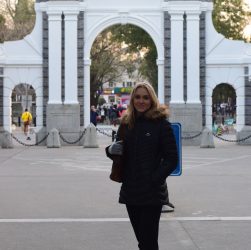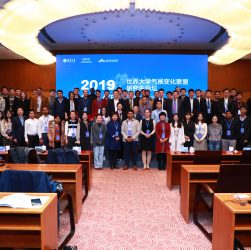Graduate Academic Forum of the Global Alliance of Universities on Climate at Tsinghua University in Beijing, China The following documents …


Graduate Academic Forum of the Global Alliance of Universities on Climate at Tsinghua University in Beijing, China The following documents …

Graduate Academic Forum of the Global Alliance of Universities on Climate at Tsinghua University in Beijing, China The Global Alliance …